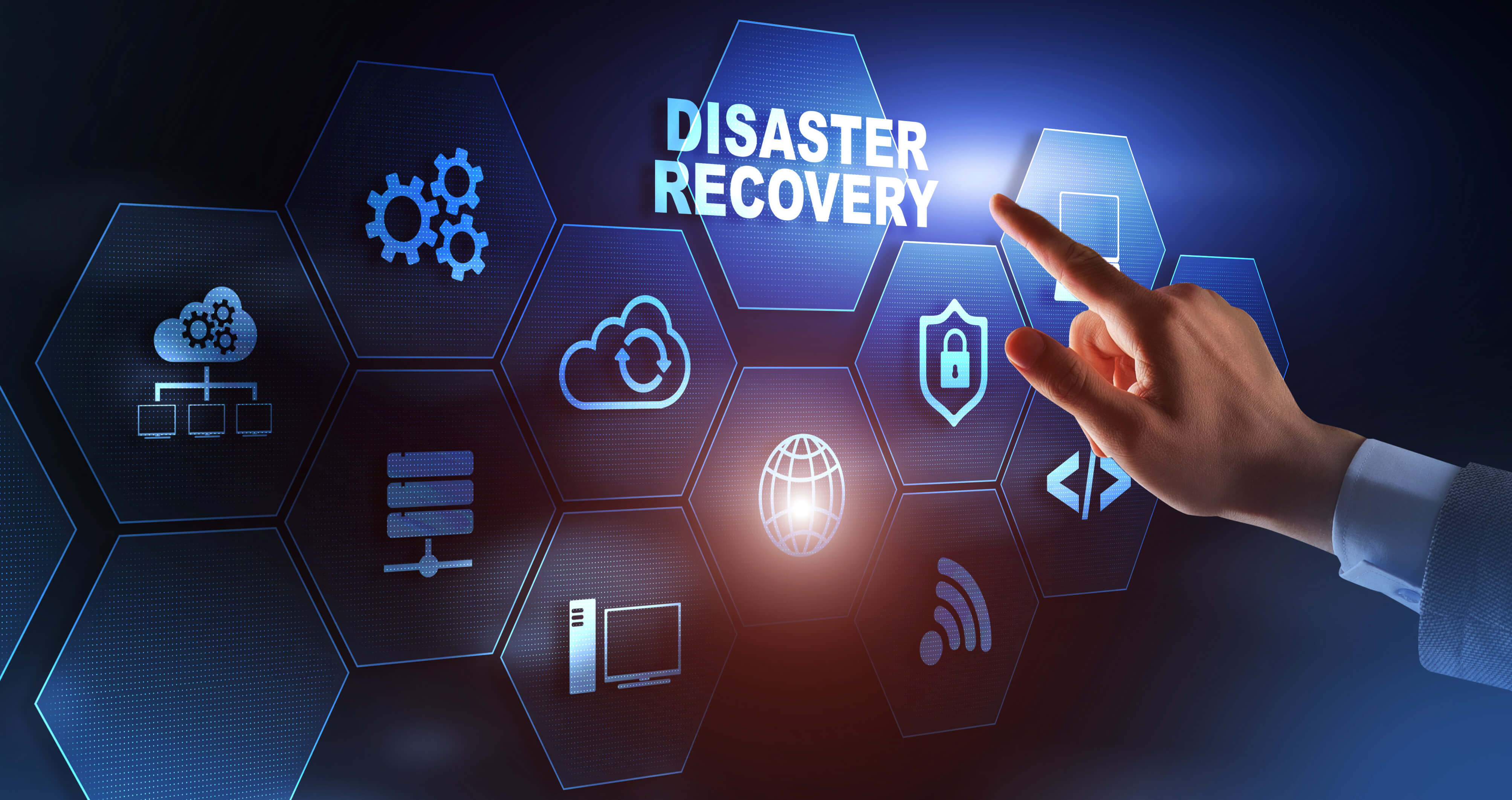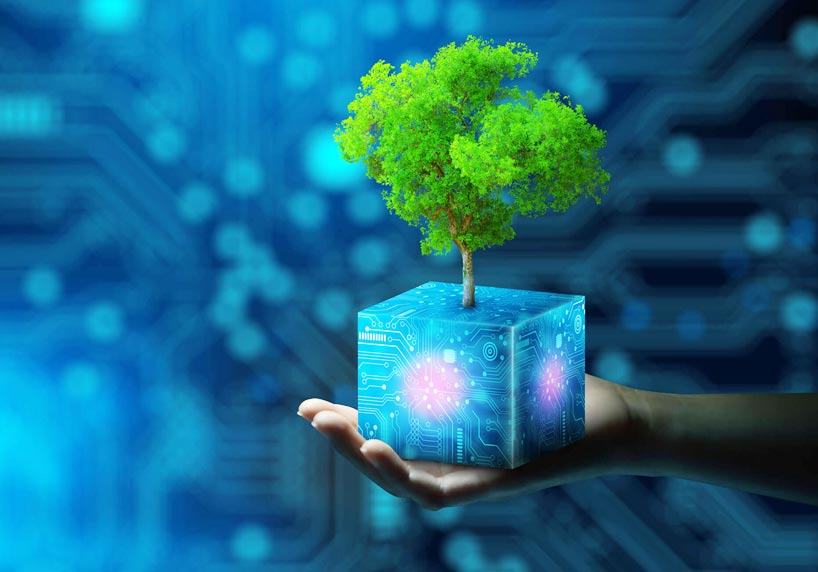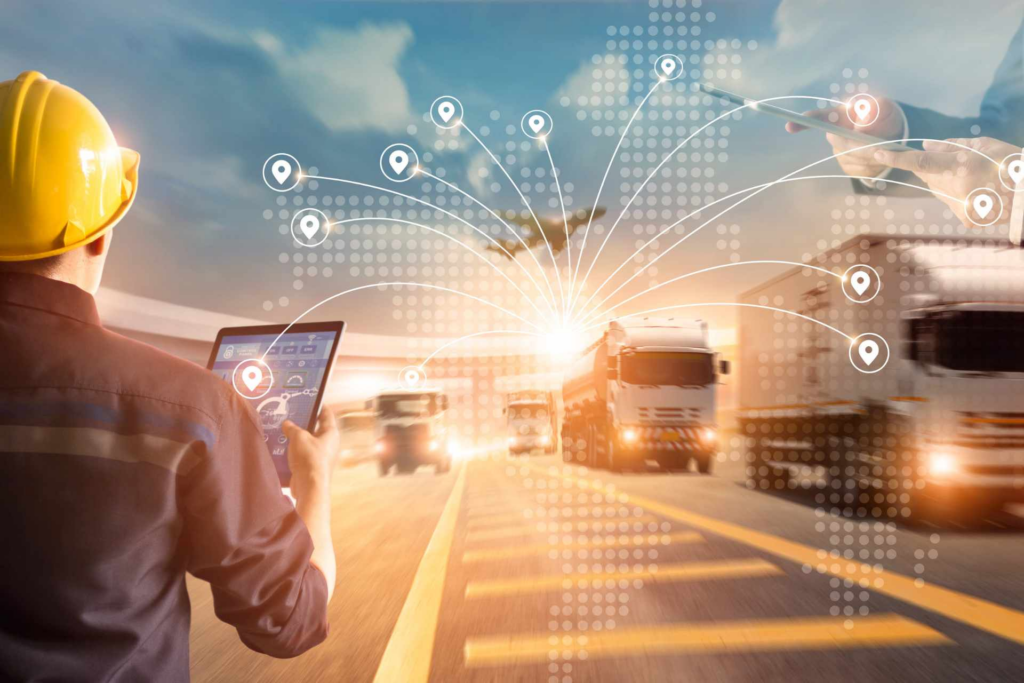Emerging Solutions to Improve Management
In 2025, the logistics and supply chain sector is undergoing an unprecedented technological revolution. Companies, driven by the increasing complexity of global markets and the need to quickly meet consumer expectations, are adopting innovative solutions to optimize operations, reduce costs, and improve efficiency. The integration of new technologies into the sector is transforming how businesses plan, execute, and monitor logistics and supply chain processes.
Key Emerging Technologies in 2025
The technologies of the future not only simplify daily operations but also offer strategic and predictive insights. Here are the main innovations revolutionizing the sector:
1. Artificial Intelligence (AI) and Machine Learning
Artificial intelligence plays a crucial role in supply chain management. Machine learning algorithms enable the analysis of vast amounts of data to forecast demand, identify potential disruptions, and optimize logistics flows. In 2025, AI will be essential for:
- Improving stock planning and demand forecasting.
- Automating decisions, such as resource allocation and supplier selection.
- Reducing response times to demand fluctuations or unexpected supply chain disruptions.
2. Blockchain for Traceability
Blockchain, a decentralized and secure technology, is set to revolutionize traceability in the supply chain. In 2025, companies will use blockchain to:
- Ensure transparency and product authenticity throughout the supply chain.
- Reduce fraud and improve data security.
- Facilitate contract management and payments among various supply chain stakeholders.
With blockchain, both consumers and companies can easily verify the origin of products and monitor every stage of their movement.
3. Automation and Robotics
Warehouses and distribution centers are increasingly automated, thanks to advanced robots and automated management systems. In 2025, automation will enable:
- The use of drones and autonomous vehicles for last-mile delivery.
- Optimized inventory management with robots handling picking, packing, and storage operations.
- A reduction in operational errors and an increase in the speed of logistics operations.
4. Internet of Things (IoT)
IoT is transforming how companies monitor and manage their operations. Smart sensors and connected devices provide real-time data on every phase of the logistics process. In 2025, IoT will be used to:
- Monitor transportation conditions, such as temperature and humidity, for sensitive products.
- Track shipments in real time to improve delivery punctuality.
- Identify inefficiencies in processes and intervene proactively.
5. Augmented Reality (AR) and Virtual Reality (VR)
AR and VR are finding applications in employee training and warehouse management. These technologies allow businesses to:
- Visualize warehouse layouts in real time to optimize space and arrangement.
- Provide immersive training for employees, reducing learning times.
- Guide operators through complex processes with instructions overlaid directly on objects.
6. Advanced Supply Chain Planning (SCP) Software
Integrated supply chain planning systems are key tools for improving collaboration among stakeholders. In 2025, SCP software will offer:
- Advanced simulations to evaluate “what-if” scenarios and predict the impact of decisions.
- Seamless integration with ERP systems and e-commerce platforms.
- Automation of decision-making processes to better manage supply and demand.
The Shift Toward Sustainability
In 2025, sustainability will be a critical factor in logistics and supply chain management. Companies will adopt green technologies to reduce carbon emissions and optimize resource usage. Common initiatives will include:
- Adopting electric vehicles for transportation.
- Optimizing routes to reduce mileage and fuel consumption.
- Improving energy efficiency in warehouses through intelligent solutions.
Impact on Business Logistics
Technological innovations not only enhance efficiency but also transform the role of business logistics, making it a strategic asset. Key benefits include:
- Greater Agility: Companies will be able to respond quickly to market changes and supply chain disruptions.
- Data-Driven Decisions: Advanced analytics will ensure better insights into performance and optimization opportunities.
- Enhanced Customer Experience: Faster deliveries and transparency in traceability will provide a more reliable and personalized service.
Technologies for logistics and supply chain in 2025 represent a revolution that will radically change how companies manage their operations. Adopting these emerging solutions will not only be a matter of efficiency but also of competitiveness and sustainability. In an increasingly interconnected and rapidly evolving world, businesses that embrace innovation will be prepared to face future challenges and seize new opportunities.







